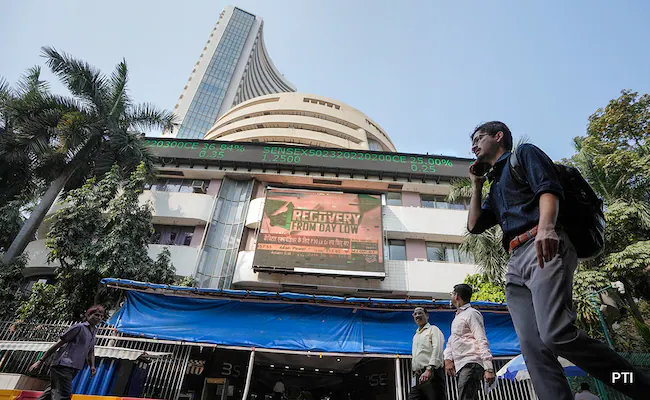European Banks Gain Investor Interest Despite Challenges
Investors are rushing back into European bank stocks following an unexpectedly positive earnings season, driving their shares to multi-year highs. However, this surge has also attracted short sellers who are betting that this optimism may not be sustainable.
The STOXX European banks index climbed past 200 on Friday, reaching its highest level since August 2015. This increase in confidence is fueled by the sector’s growing earning potential, especially as the U.S. Federal Reserve and Bank of England refrain from widely-anticipated interest rate cuts.
Despite this upward trend, the number of investors making short bets against some major banks is on the rise, indicating skepticism about the longevity of this rebound. For instance, the number of funds betting on a share price fall at British bank NatWest Group has nearly doubled from 16 to 31 between January 2 and May 3, according to data from Hazeltree, a provider of software and services to investment funds.
Deutsche Bank is another European bank that has attracted the attention of speculators, according to Hazeltree. Short positions on Amsterdam-listed ING have also increased, with 21 investors shorting the stock compared to seven funds at the beginning of the year.
Although the percentage of shares shorted is not tracked, Hazeltree’s data provides insight into investor positioning, as it aggregates and anonymizes data from around 700 asset manager funds.
Short sellers profit from declines in stock value by borrowing shares, selling them, and repurchasing them after the price has fallen, pocketing the difference.
The growing interest from both short and long investors in European banks reflects diverging views on the region’s economy and the ability of consumers and companies to manage higher borrowing costs over an extended period, according to some analysts.
Other analysts, such as Benjie Creelan Sandford, an equity analyst at Algebris Investments, believe that the banking sector’s outperformance of the broader European market by around 10% year-to-date has intensified scrutiny of technical market indicators.
Creelan Sandford suggested that the higher measures of momentum, as reflected in the RSI (relative strength index), may have prompted some investors to strategically increase their short positions. The RSI is a tool that helps investors assess whether a security is potentially overbought or oversold.
“From here, individual stock selection will play an increasingly important role,” he emphasized.
According to Bruno Schneller, managing partner at Erlen Capital Management in Zurich, the short selling bets by funds on European banks could be viewed as a protective strategy against potential economic challenges in the region.
Schneller noted that elevated levels of lending to hedge funds in the U.S. indicate that some investors are deploying cash where they see opportunities, a shift from the trend of many investors staying on the sidelines in recent years.
Hazeltree reported that Italian bank Intesa showed the third-highest increase in short bets, following HSBC and NatWest, with the number of funds betting short rising from 19 to 26. There was also a net increase in the value of such outstanding bets.
European bank leaders have acknowledged a surge in investor interest this year, driven by a series of earnings reports that exceeded expectations. NatWest, in particular, attracted significant short-selling interest according to Hazeltree data, as the bank prepares to transition out of state ownership. While this move should benefit the bank in the long term, the increase in short bets might indicate concerns about the potential demand for a retail share sale by the government.
British banks are also facing broader concerns about slowing consumer credit demand and an anticipated rise in mortgage defaults in 2024 due to higher costs impacting borrowers’ ability to repay, as highlighted by consulting firm EY.
Despite these challenges, the region’s investment banks have performed well in the first quarter, with Deutsche Bank reporting profits much higher than expected and Barclays making progress in its strategic initiatives. This success contrasts with some of the major U.S. banks, where costs have risen faster than revenue growth, according to Nigel Moden, Banking and Capital Markets Leader for the EMEIA region at EY.
Investors have taken notice of these developments, with European banks’ shares rising by an average of 2% on results day relative to the European banks index, as noted by Moden. Additionally, one senior banking executive noted a rapid improvement in sentiment towards UK bank stocks in the last six months, driven by increasing dividend payouts and attractive valuations, which has attracted long-only investors from the United States, Canada, and Japan.
Also Read, U.S. Court Orders Forfeiture of 279 Cryptocurrency Accounts Linked to North Korean Hacks
House Committee Advances FIT21 Act, Paving the Way for Crypto Regulatory Clarity















